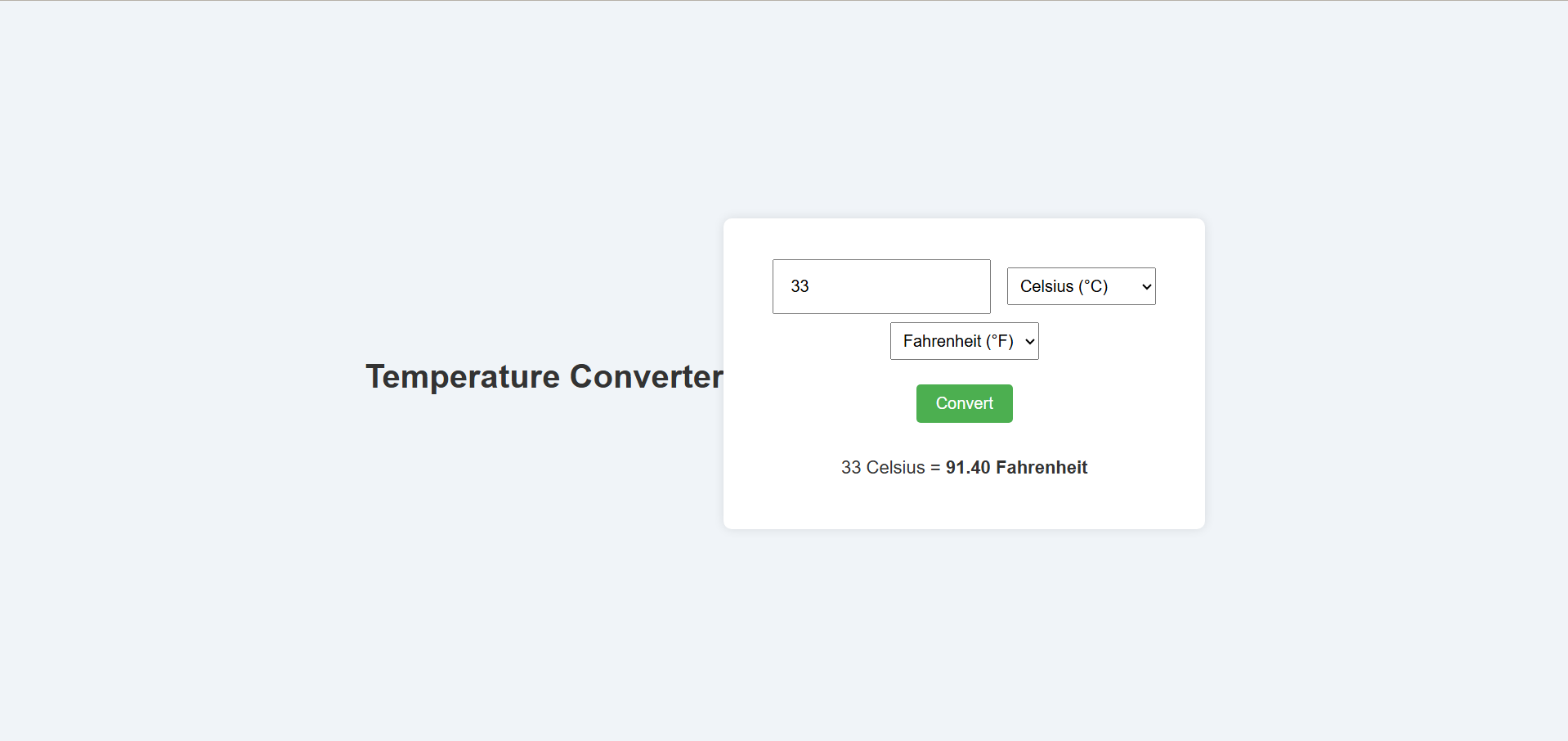Usage and Benefits of Constants/Literals in Cpp
Usage and Benefits of Constants/Literals
A. Improving code readability and maintainability
Constants provide meaningful names to values, making the code more readable and self-explanatory.
By using constants, the purpose and significance of values become clear, reducing confusion for developers and making code maintenance easier.
B. Preventing inadvertent value changes
Constants are immutable, meaning their values cannot be changed once initialized.
By using constants, you can prevent accidental modifications of important values in your code, ensuring their integrity and consistency.
C. Enhancing code optimization
- Constants enable the compiler to perform various optimizations.
- The use of constants allows the compiler to replace constant expressions with their evaluated values, reducing runtime computations.
- Constants can also help the compiler perform certain static analyses and generate more efficient code.
By utilizing constants/literals in your code, you can improve readability, prevent accidental modifications, and enable the compiler to perform optimizations, leading to more efficient and maintainable code.
Constants/Literals in Expressions and Functions
A. Using constants in arithmetic and logical expressions
#include <iostream>
int main() (
const int LENGTH = 10;
const double PI = 3.14159;
int width= 5;
double radius= 2.5;
int area= LENGTH * width;
double circumference = 2 PI* radius;
bool isSquare (width == LENGTH);
std::cout << "Area: " << area << std::endl;
std::cout << "Circumference: " << circumference << std::endl;
std::cout << "Is square? " << std::boolalpha << isSquare << std::endl;
return 0;
}B. Passing constants as function arguments
#include <iostream>
void printMessage(const std::string& message, int count) {
for (int i = 0; i < count; ++i) {
std::cout << message << std::endl;
}
}
int main() {
const std::string GREETING = "Hello!";
const int REPEAT_COUNT = 3;
printMessage(GREETING, REPEAT COUNT);
return 0;
}C. Returning constants from functions
#include <iostream>
const double getPi() {
return 3.14159;
}
int main() {
const double PI = getPi();
std::cout << "The value of PI is: " << PI << std::endl;
return 0;
}In the code snippets above:
- Constants are used in arithmetic and logical expressions to perform calculations and comparisons.
- Constants are passed as arguments to a function, where they can be used for specific operations.
- Functions can also return constants/literals as their result, which can be stored in variables or used directly.
By incorporating constants/literals in expressions and functions, you can make your code more flexible, reusable, and easier to understand.



























